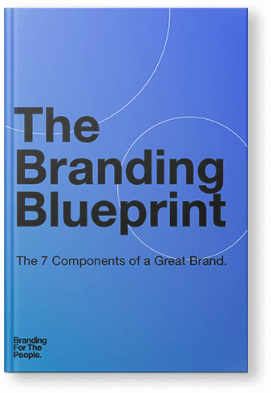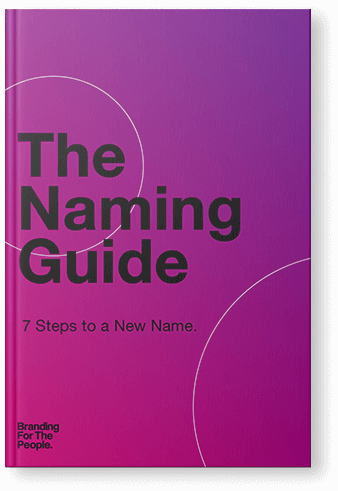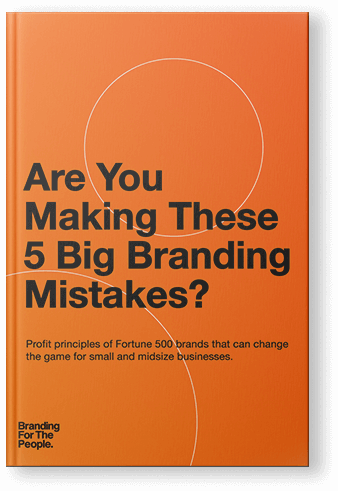At Branding For The People, the topic came up about the proper strategy for rebranding ISIS. By ISIS, we mean ISIS Pharmaceuticals.
ISIS (The Jihadist Group) is, putting it mildly, a huge problem in the world, and they are also causing huge problems in the world of branding, particularly when it comes to naming.
“Even though people know we’re not associated with the terrorist group, the name itself has so many negative connotations,” D.Wade Walke, Isis Pharma VP-Corporate Communications & Investor Relations told CNNMoney.
Coincidence or not, Isis Pharmaceuticals shares dropped four percent on Monday, when trading resumed after the weekend. The company trades on the NASDAQ under stock symbol ISIS in capital letters.
Says ISIS Pharmaceuticals CEO Stanley Cooke, “It drives me crazy … our investors should be sophisticated. And we’ve been ISIS for 25 years, and I don’t feel like I want to capitulate to these terrorists by changing my name. They can change their name,”
As of last October, there were more than 270 US companies that had Isis in its name, according to the US Patent and Trademark Offices.
This brings up an interesting topic. The importance of naming. Almost everyone knows that ISIS Pharmaceuticals and all the other companies in the U.S. with ISIS in their name aren’t related to ISIS the terrorist organization, yet it still matters to people.
Why?
Because their name now has a negative connotation.
Naming, as it relates to branding, and in turn, the perception people have of your company is a nuanced undertaking.
Words stick with us and they bring up all types of emotions, often irrationally so. We are irrational when it comes to words, just as shareholders were irrational when selling off shares of stock in ISIS Pharmaceuticals.
Chances are your business name isn’t as drastically negative as ISIS Pharmaceuticals, but your name could have a negative connotation to it that is effecting customer’s perceptions of you.
Lets look at 2 less extreme examples:
Last month, office supply brand United Stationers announced it would change its name to Essendant. The original name had served the brand since 1922, but times changed. CEO Cody Phipps described it as “a combination of the iPad effect, cloud storage and the millennials.” Translation: People aren’t using much paper anymore, and “Stationers” sounds too much like “stationery.”
When NBCUniversal decided that its aging Sci Fi Channel sought to broaden its reach in 2009, executives changed the name. Sort of. Phonetically, nothing changed at all, but the network’s new tag—Syfy—boasted two critical differences from its predecessor: It was spelled differently and, more importantly, it could be copyrighted. “We couldn’t own Sci Fi but we can own Syfy,” is how network group chieftan Bonnie Hammer phrased it to Time Magazine. Fans mocked the new name, but have come to accept it.
Both of these examples raise the question:
When do you change your company name?
In the case of United Stationary it was when they realized their name didn’t speak to their current abilities, but rather reminded people of outdated products and services. Sci Fi Channel renamed because they couldn’t own their name.
Each case of renaming is unique, and depends on a. the name, and b. the equity you have in that name. The more equity you have in a name, the more challenging and risky a name change becomes.
Unfortunately we can’t give you a sure-fire rule that will tell you when it is appropriate to change your name due to the reasons above. However, a general rule of thumb is that if your name has a negative connotation, you should strongly consider changing it.
Let’s take a look at a hypothetical. Let’s say you run business consulting firm called “Engaged Consulting,”
The idea is that you, as consultants are engaged in the consulting process, you work closely with your clients, partnering with people and take a real “hands-on” approach. This approach is what sets you apart, it is your differentiator and provides a lot of value to your clients.
This seems like a great name, but the word “engaged” is a homonym, meaning it has multiple meanings. I, as a potential customer might see that name and think you are a matchmaking company, helping people find the love of their lives. Helping them to become “engaged.”
That’s a bit of an obvious dual meaning. But what about a less obvious nuance to the definition of “engaged?”
Engaged can mean you, as a consulting firm, are heavily involved in the work with your clients. Or it could mean you help your clients create better customer engagement or employee engagement. Without the proper context, the word “engage” can mean many different things to many different people.
A company’s name is usually the very first thing people see when they interact with a brand. The point being: naming has a larger effect on people’s perception of brands than most realize.
When and if you do decide to change you name, there are three things you MUST do to help customers understand why you are changing a name they have grown accustomed to. Just as we would want to know why a friend changed his/her name, we expect the same of the brands we purchase from.
You Must:
Explain why the named changed.
Explain how the name change benefits customers and clients.
Have a brand story that is even more powerful than the previous story.
These 3 steps are critical to a successful renaming undertaking because it explains how and why this name change matters to the customer. Without these three steps, a name change will seem arbitrary to your customers, and the trust you have built with your customers will dissipate. Customers are wary of change, so explain to them why this change is a good thing, and what it means for them.
After all, you aren’t trying to distance yourself from what made you successful, but change peoples perception of you so that they can better understand how you can help them. That’s how your name has a positive connotation, and that is great for your brand.








